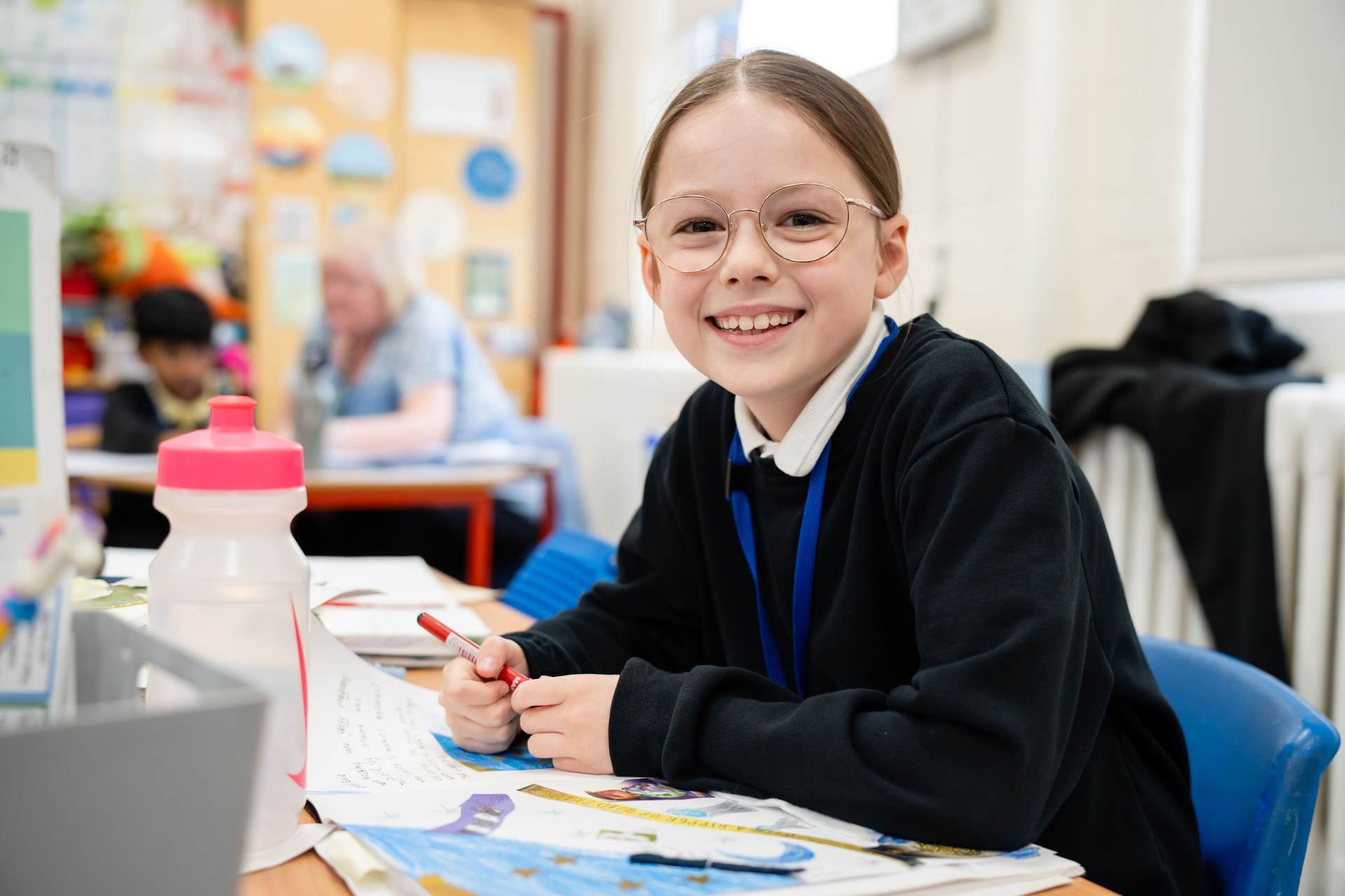History
Our History curriculum encourages pupils to investigate the past through enquiry, helping them make sense of the present and prepare for the future as informed, thoughtful citizens. Pupils develop strong critical thinking skills, enabling them to evaluate sources, question interpretations, and understand how historical knowledge is formed.
We aim to build deep and lasting knowledge through a carefully sequenced, inquiry-led curriculum that spans from the Stone Age to modern times. Pupils study British and world history, including significant ancient civilizations and key events beyond 1066, such as the British Empire and the Battle of Britain.
Our curriculum is:
-
Aspirational, building mastery in historical knowledge and skills
-
Chronological, allowing pupils to understand change over time
-
Balanced, covering a wide range of periods, people, and themes
-
Relevant, with meaningful links to the present day
-
Inclusive, supporting all learners through differentiation and support
-
Progressive, building complexity from Reception through Year 6.

How we teach history
History is taught through engaging, enquiry-based units, each driven by a “big question” to guide learning. Pupils examine a range of historical evidence—such as artefacts, texts, images, and film—to form their own interpretations and conclusions. Lessons are interactive and practical, with varied ways for pupils to record and present their learning, including writing, diagrams, drama, and model making.
Where possible, local history is incorporated to deepen pupils' understanding of their community’s place in the past. Literacy is also integrated, with high expectations for written accuracy and history-rich content.
Impact
Assessment is ongoing and draws on a wide range of evidence, including class discussions, written work, practical tasks, and observations. Teachers use this information to monitor understanding and plan next steps in learning.
At the end of each year, teachers make a professional judgement based on whether pupils are working towards, meeting, or exceeding the year’s learning goals. These outcomes are shared with parents to report progress and inform future teaching.








